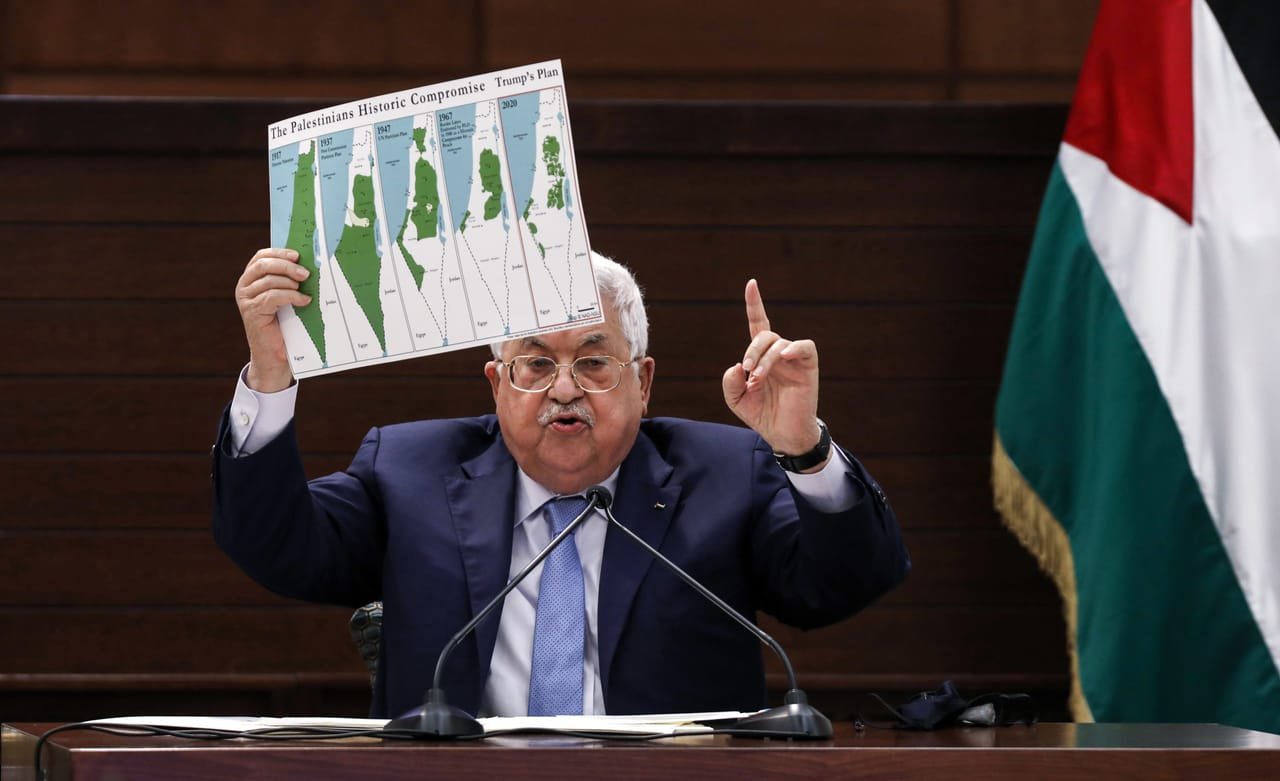In a rare and sweeping diplomatic move, the United States has denied and revoked visas for senior officials of the Palestinian Authority (PA) and the Palestine Liberation Organization (PLO) ahead of the upcoming UN General Assembly in New York. This unprecedented decision, confirmed by the State Department, includes PA President Mahmoud Abbas among those affected and pertains to visas issued prior to July 31, 2025. The move effectively bars these officials from attending a session they would typically participate in.
Secretary of State Marco Rubio framed the action as grounded in national security interests, citing PA and PLO failings under U.S. laws such as the PLO Commitments Compliance Act (PLOCCA) of 1989 and the Middle East Peace Commitments Act (MEPCA) of 2002. The administration accuses the Palestinian leadership of promoting violence, antisemitism, financial support for terrorist acts—commonly referred to as “pay for slay”—and pursuing unilateral recognition of statehood through international legal bodies.
A sensitive but unclassified State Department memo underscores concerns that Palestinian plans, such as a “constitutional declaration” of independence at the UN and participation in a proposed French-Saudi peace conference could undermine U.S. leverage in ceasefire negotiations and potentially bolster Hamas’s political narrative.
Despite these restrictions, the PA’s mission in New York will remain operational under the UN Headquarters Agreement, with waivers granted to its permanent staff and their dependents to ensure the mission’s continued presence.
This move marks the first time the U.S. has denied entry to an entire foreign delegation to participate in the UN General Assembly, raising legal and diplomatic questions, especially given Washington’s hosting obligations under international agreements.
U.S. officials stated that visa restrictions could be lifted only after the PA and PLO demonstrably commit to repudiating terrorism, cease unilateral legal strategies at institutions like the ICC and ICJ, and return to constructive diplomatic engagement, a key message from the Trump administration’s “no reward for terrorism” policy.





